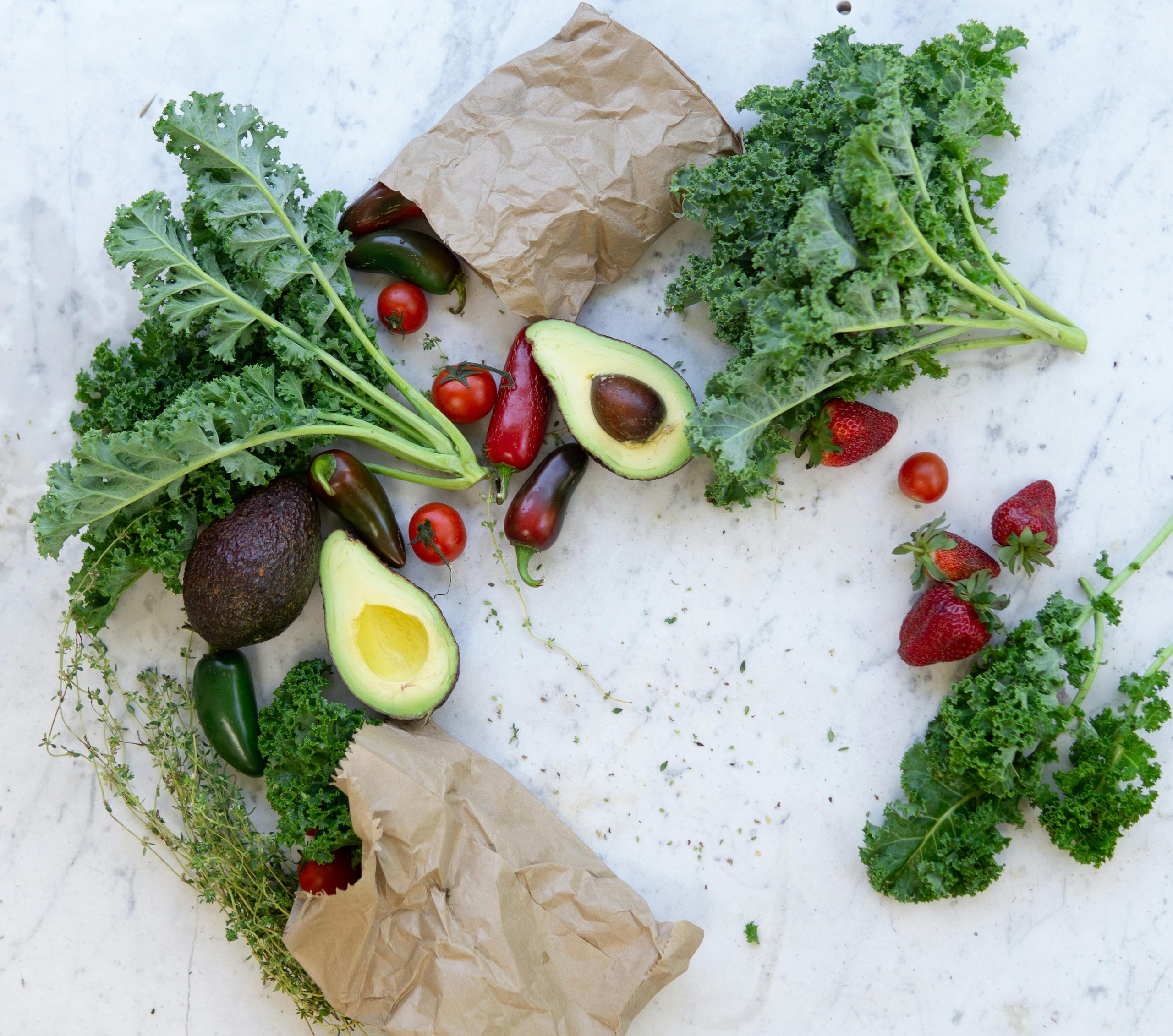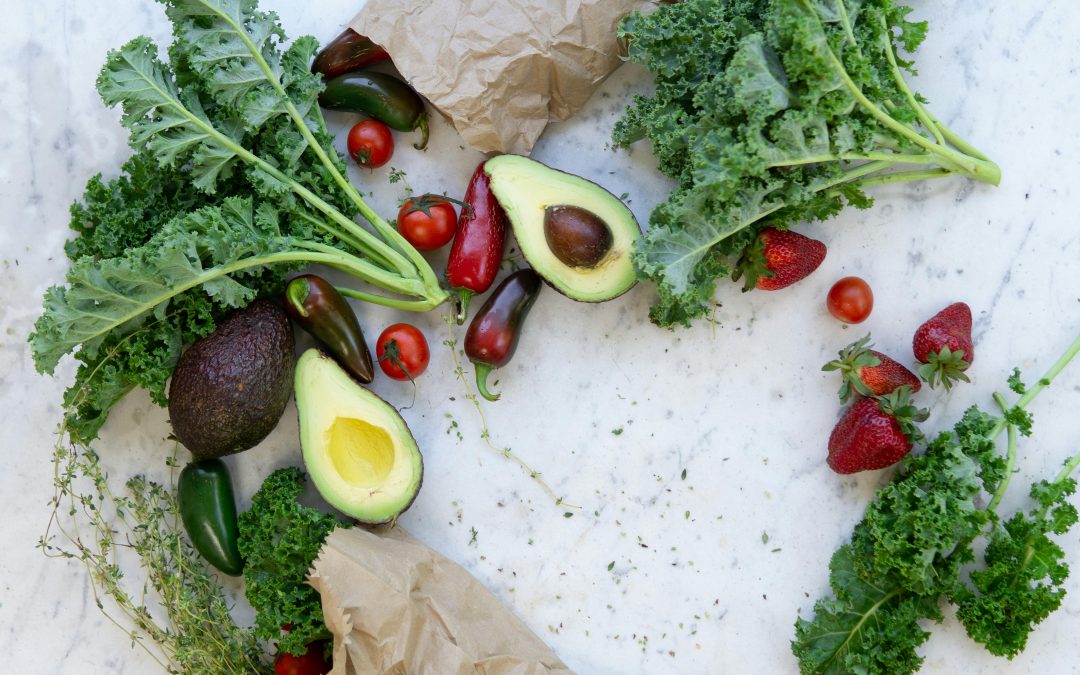Have you ever wondered about the best way to get your vitamins and minerals? In the vast world of nutrition, it can be overwhelming to figure out the best sources for essential nutrients. Luckily, this article will guide you through the whole food sources of vitamins and minerals, simplifying the process of maintaining a balanced diet for optimal health.
Importance of Vitamins and Minerals in Your Diet
Vitamins and minerals play crucial roles in various bodily functions, such as metabolism, immune system support, and bone health. These micronutrients are essential for overall well-being, and deficiencies can lead to various health problems. By incorporating whole foods rich in vitamins and minerals into your diet, you can ensure that your body functions optimally and stays healthy.
Exploring Vitamin-Rich Whole Foods
When it comes to vitamins, whole foods are the best sources because they contain a wide range of nutrients in their natural form. Fruits, vegetables, whole grains, and legumes are excellent choices for obtaining essential vitamins. By including a variety of colorful fruits and vegetables in your meals, you can reap the benefits of different vitamins that support your immune system, skin health, and energy levels.
Discovering Mineral-Rich Whole Foods
Minerals are essential for maintaining healthy bones, muscle function, and fluid balance in the body. Whole foods like nuts, seeds, leafy greens, and dairy products are rich sources of essential minerals such as calcium, magnesium, and zinc. Incorporating these foods into your daily diet can help prevent deficiencies and support optimal body functions.

Whole Food Sources of Important Vitamins
Now, let’s take a closer look at some key vitamins and the whole food sources where you can find them.
Vitamin A
Vitamin A is crucial for vision, immune function, and skin health. Whole food sources rich in vitamin A include:
- Carrots
- Sweet potatoes
- Spinach
- Butternut squash
By incorporating these colorful vegetables into your meals, you can ensure that you’re getting enough vitamin A to support your eye health and immune system.
Vitamin C
Vitamin C is a powerful antioxidant that supports immunity, skin health, and collagen production. Whole food sources rich in vitamin C include:
- Citrus fruits (oranges, lemons)
- Bell peppers
- Kiwi
- Broccoli
Including these vitamin C-rich foods in your diet can help boost your immune system and promote healthy skin and connective tissues.
Vitamin D
Vitamin D is essential for bone health, immune function, and mood regulation. Whole food sources rich in vitamin D include:
- Fatty fish (salmon, tuna)
- Eggs
- Mushrooms
- Fortified dairy products
By incorporating these vitamin D-rich foods into your diet, you can support bone strength and overall well-being.
Vitamin E
Vitamin E is a potent antioxidant that protects cells from damage and supports healthy skin. Whole food sources rich in vitamin E include:
- Almonds
- Sunflower seeds
- Avocado
- Spinach
Including these vitamin E-rich foods in your meals can help maintain healthy skin and protect your cells from oxidative stress.
B Vitamins
The B vitamins, including B1 (thiamine), B2 (riboflavin), B3 (niacin), B6, B7 (biotin), B9 (folate), and B12, play essential roles in energy metabolism, brain function, and red blood cell formation. Whole food sources rich in B vitamins include:
- Whole grains
- Legumes
- Leafy greens
- Nuts and seeds
- Lean meats
Incorporating a variety of these whole foods into your diet can help ensure that you’re getting all the B vitamins your body needs to function optimally.

Whole Food Sources of Essential Minerals
Now, let’s explore some key minerals and the whole food sources where you can find them.
Calcium
Calcium is vital for bone health, muscle function, and nerve transmission. Whole food sources rich in calcium include:
- Dairy products (milk, yogurt, cheese)
- Leafy greens (kale, collard greens)
- Tofu
- Almonds
Incorporating these calcium-rich foods into your diet can help maintain strong bones and support muscle and nerve functions.
Iron
Iron is essential for red blood cell formation, oxygen transport, and energy production. Whole food sources rich in iron include:
- Red meat
- Lentils
- Spinach
- Pumpkin seeds
Including these iron-rich foods in your meals can help prevent iron deficiency anemia and support optimal energy levels.
Magnesium
Magnesium is crucial for muscle function, nerve function, and heart health. Whole food sources rich in magnesium include:
- Nuts and seeds (almonds, pumpkin seeds)
- Whole grains
- Leafy greens
- Dark chocolate
By incorporating these magnesium-rich foods into your diet, you can support healthy muscle and nerve functions and promote cardiovascular health.
Zinc
Zinc is essential for immune function, wound healing, and DNA synthesis. Whole food sources rich in zinc include:
- Oysters
- Beef
- Chickpeas
- Pumpkin seeds
Including these zinc-rich foods in your diet can help support your immune system, promote wound healing, and maintain optimal DNA function.
Potassium
Potassium is crucial for heart health, muscle function, and fluid balance in the body. Whole food sources rich in potassium include:
- Bananas
- Sweet potatoes
- Beans
- Salmon
Incorporating these potassium-rich foods into your diet can help maintain healthy blood pressure, support muscle function, and regulate fluid balance.

Tips for Incorporating Whole Food Nutrient Sources
As you strive to include whole food sources of vitamins and minerals in your diet, here are some tips to help you make healthier choices:
- Focus on variety: Include a wide range of fruits, vegetables, whole grains, nuts, seeds, and lean proteins to ensure that you’re getting a diverse set of nutrients.
- Eat the rainbow: Choose colorful fruits and vegetables to ensure that you’re getting a variety of vitamins and antioxidants in your diet.
- Read labels: When purchasing packaged foods, check the nutrition labels to see if they contain added vitamins and minerals or are fortified with essential nutrients.
- Cook at home: Prepare meals at home using whole ingredients to control the quality and quantity of nutrients in your food.
- Consult a nutritionist: If you have specific dietary needs or concerns, consider consulting a nutritionist to create a personalized meal plan that meets your nutrient requirements.
By following these tips and incorporating whole food sources of vitamins and minerals into your diet, you can enhance your overall health and well-being. Remember that whole foods are the best sources of essential nutrients, as they provide a wide range of vitamins, minerals, and antioxidants in their natural forms. So, next time you’re planning your meals, think about the colorful array of whole foods that can nourish your body and support your health.
Related Content
- Organic Foods for Energy: What to Eat for a Natural Boost
- Best Local Organic Soup Kitchens in Florence, Minnesota 56170
- Best Organic Baby Food Local in Quail Heights, Florida 33197
- Best Organic Digestive Enzymes in Oakton Kentucky
- The Ultimate Guide to Organic Herbal Nutrition in 2025: 10 Effective Tips to Boost Your Health








